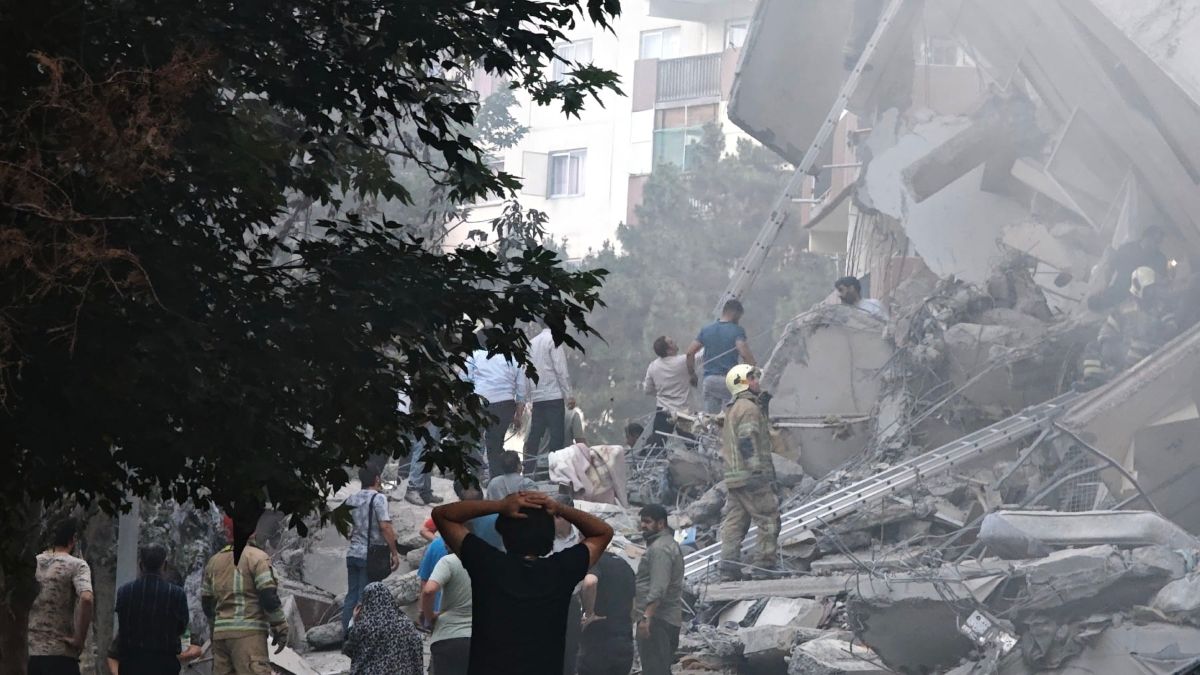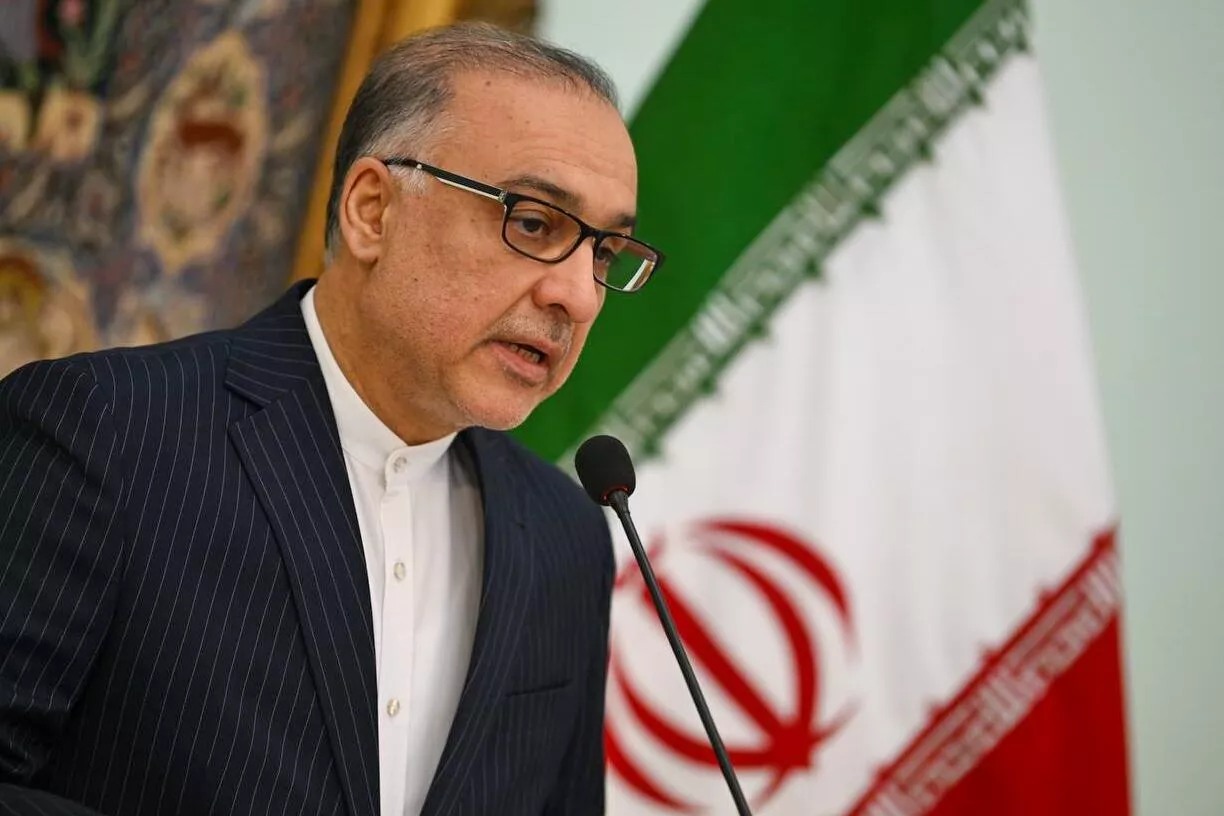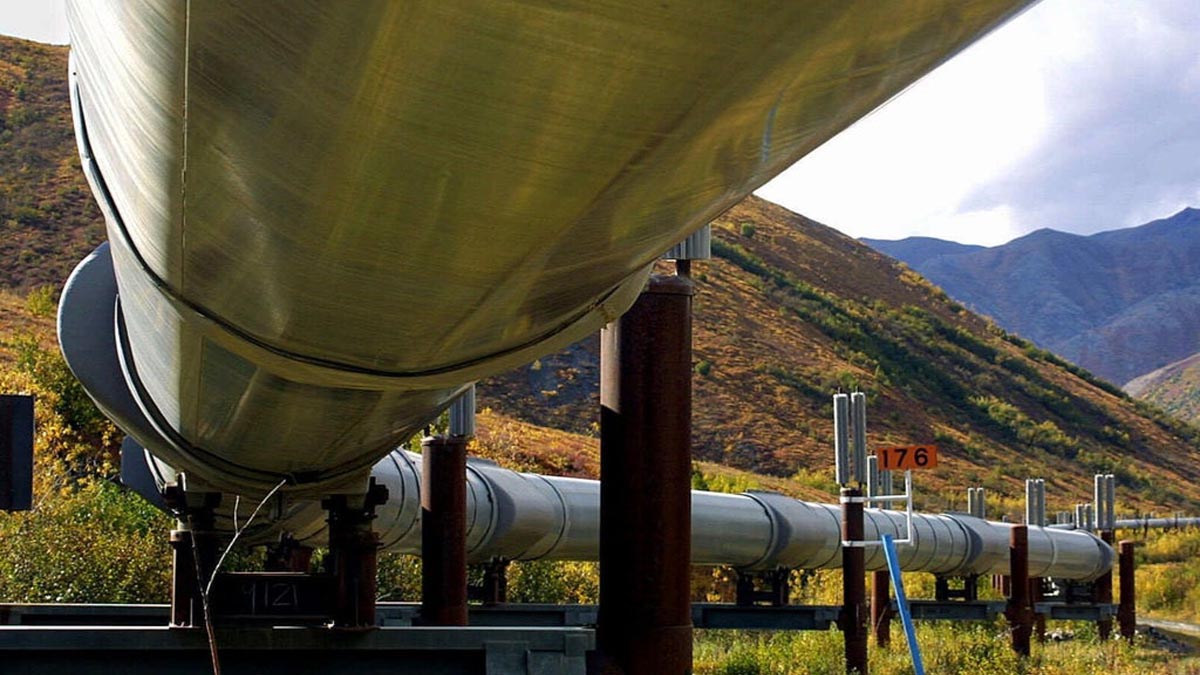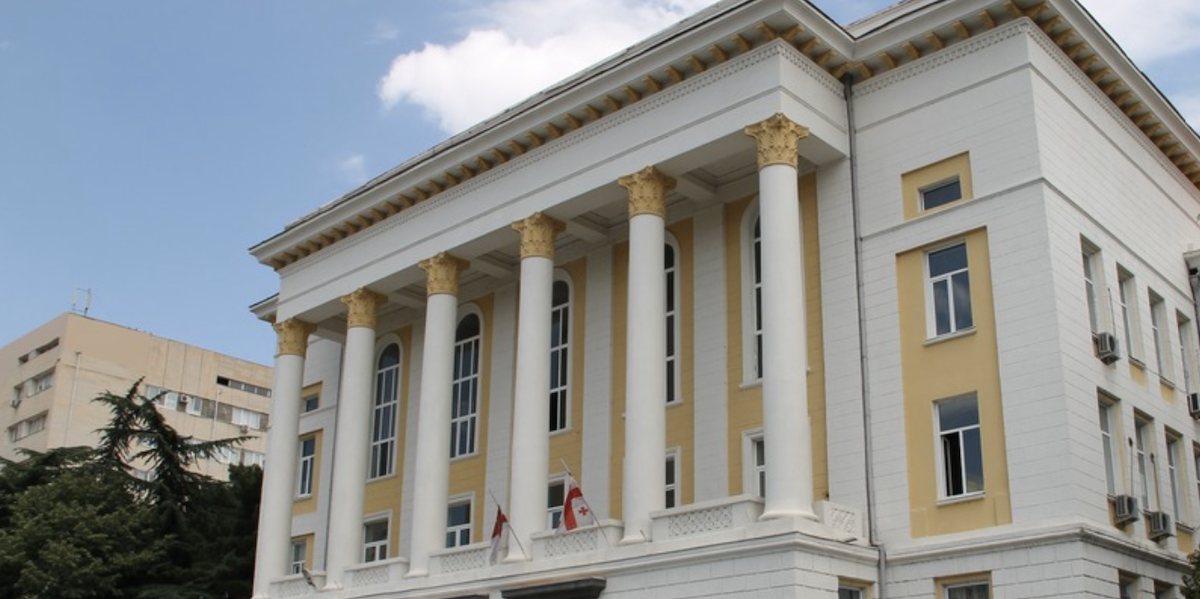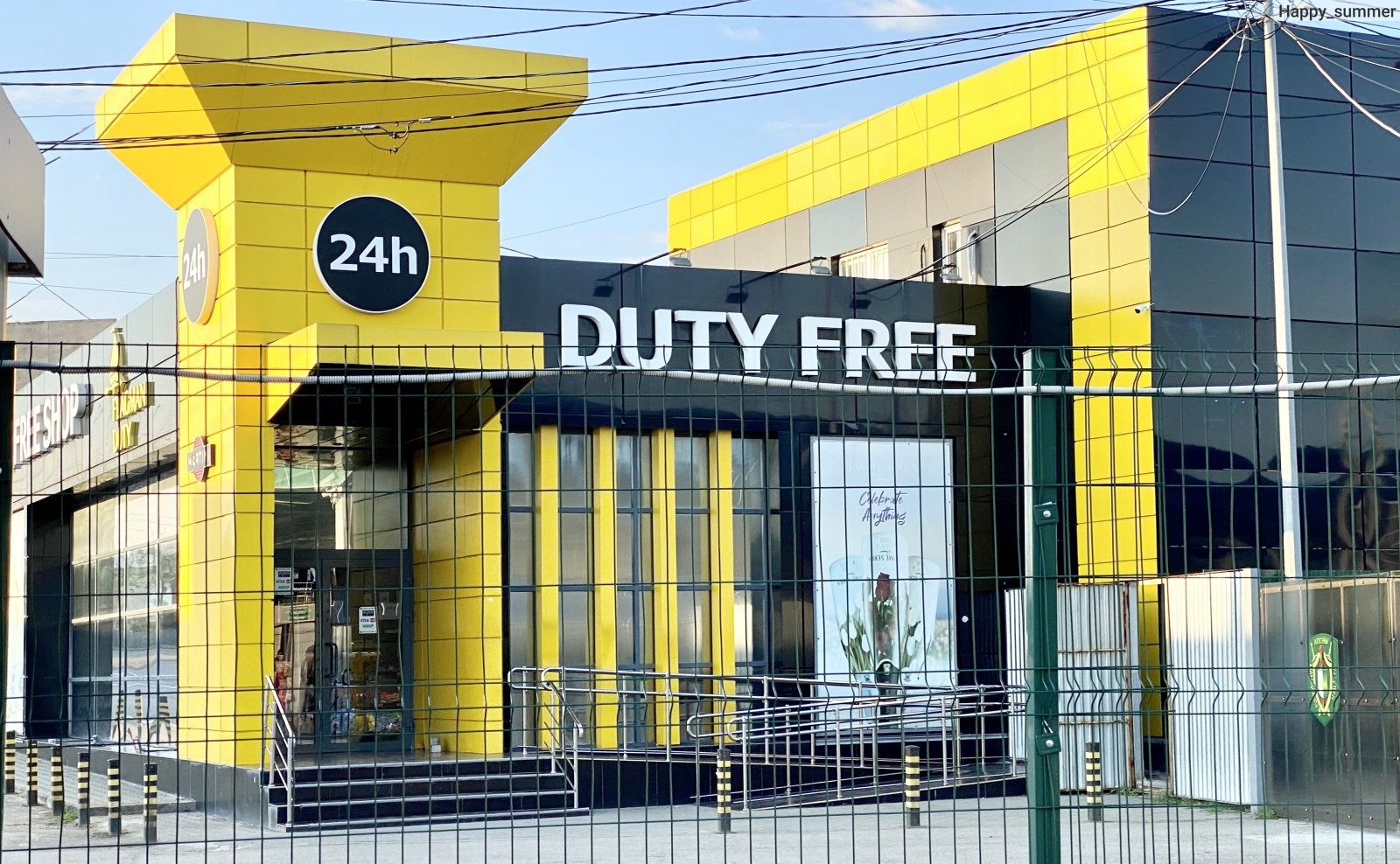Analysis: how Israel-Iran conflict could affect Armenia’s economy
Israel-Iran conflict’s effect on Armenia’s economy
As the Israel-Iran conflict enters its fourth day, the Armenian government has discussed the potential challenges facing the country’s economy and businesses. According to local officials, the main concern centres on supplies transported through Iranian territory.
“If the situation escalates, deliveries via Iran could be disrupted, take longer, or become more expensive,” Finance Minister Vahé Hovhannisyan said.
Economy Minister Gevorg Papoyan added that Armenia has limited influence over how these issues could be resolved.
Iran and Israel have effectively been at war since 13 June. The conflict began with Israeli strikes on Iranian military and nuclear sites. These strikes reportedly killed several high-ranking military officials and nuclear physicists. Tehran retaliated by launching drones and ballistic missiles towards Israeli territory. The conflict remains in a critical phase.
According to official data, Israeli strikes on Iran have killed 224 people. Iran’s Ministry of Health claims that 90 percent of the casualties were civilians. In turn, Iranian attacks on Israel have killed 24 civilians.
- ‘Problems must be resolved without use of force’: Iranian foreign minister visits Yerevan
- Op-ed: “Russia wouldn’t view withdrawal from the Armenia-Iran border crossing as a red line”
- Opinion: Armenia must use its trump card on road unblocking issue
“Armenian businesses are already facing difficulties”
During a parliamentary session, MPs questioned Economy Minister Gevorg Papoyan about the impact of the ongoing conflict between Iran and Israel on Armenia’s economy. Papoyan replied that some Armenian companies are already experiencing disruptions.
“There are shipments currently stuck in the port of Bandar Abbas. Others are stranded on the roads,” he said.
According to the minister, both exporters and businesses expecting imports from Iran and other countries via Iran are facing serious challenges.
Papoyan expressed hope that the conflict between Iran and Israel will end soon, adding that he is confident Armenian businesses will once again be able to trade freely through Iran once tensions subside.
“We’re not rushing to conclusions”
Finance Minister Vahé Hovhannisyan believes that the impact of the Iran-Israel conflict on Armenia’s economy will largely depend on the scale and duration of the escalation.
He noted that similar concerns were raised in 2022 following the outbreak of the Russia-Ukraine war. However, according to the minister, the outcome turned out to be “somewhat different”, with more “positive developments” than initially expected.
“We’re not rushing to conclusions now either. Our objectives remain unchanged,” he said.
Hovhannisyan expressed confidence that his colleagues, including those in the Ministry of Economy, are actively working to organise supply logistics through Iran in the current situation.
In his view, assessing the potential impact on Armenia’s economy requires considering a variety of factors. For now, he suggests monitoring developments to determine what steps may be needed to mitigate the consequences.
“There are various scenarios for how things might unfold. We’re assessing risk projections in our budget documents. For example, if I’m not mistaken, in one of the scenarios, economic growth could drop to 1.3 percent instead of 5.1.”
Commentary
Economist Suren Parsyan also commented on the situation via his Telegram channel:
“The new phase of escalation in the Iran-Israel conflict will negatively affect the region’s economy and that of individual countries, in particular:
- The Iranian and Israeli currencies will rapidly depreciate, as people seek to move their money to safety,
- Prices for essential goods will surge – in Israel, they have already tripled,
- The duration and cost of freight transport in the region will increase,
- Fluctuations in energy prices are expected,
- The region will become less attractive for investment and real estate purchases,
- Infrastructure projects will be frozen indefinitely,
- During periods of de-escalation, population movements are likely to occur.”










